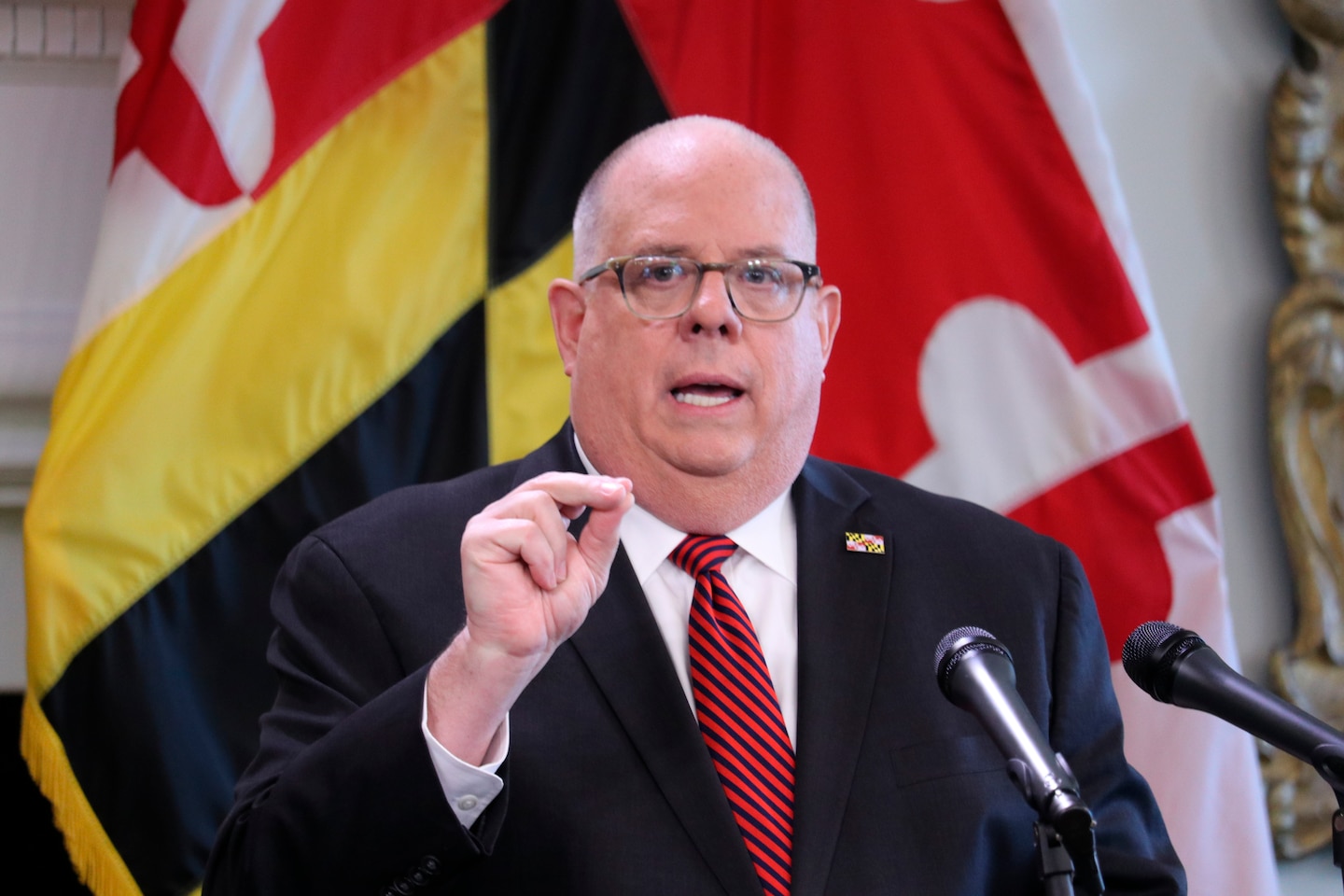Why is Maryland’s governor making mail-in voting harder in November?

Maryland Gov. Larry Hogan (R) seems not to have learned them. He presided over a largely mail-in primary election in his state last month that saw strong turnout based on extremely high levels of absentee voting — but that also encountered some problems. Absentee ballots failed to reach everyone who wanted one, and polling place closures caused lines for those who sought to vote in person. So Mr. Hogan decided on Wednesday to reverse course and treat the November vote like a more routine election. His reaction may cause more problems than it solves.
Mr. Hogan’s most controversial decision was to decline sending mail-in ballots to all voters, and instead sending out absentee ballot request forms. Maryland election officials warned the governor that adding the extra step of processing absentee ballot applications would create a massive new burden with which the state may not be able to cope. This is what happened in Wisconsin’s disastrous April primary, in which many voters did not receive their absentee ballots in time to cast them, despite requesting them on time. The District saw similar problems in its June special election, and the city’s leaders have since decided to ditch the application process and send out ballots directly.
Even if election officials could keep up with the added burden of processing applications, voting advocates argued that Mr. Hogan’s change in strategy would confuse voters, who would not understand that they need to take an extra step to get absentee ballots this time around.
Mr. Hogan also declared that every polling place would be open in November, which will introduce another set of logistical headaches. State election officials warn that it will be extremely difficult, if not impossible, to properly staff every location, which would require 25,000 election judges. Many poll workers are retirees and, therefore, at higher risk for serious complications from the coronavirus. Hogan Communications Director Mike Ricci suggested that state employees could fill staffing gaps, but the gaps might not be predictable: Many places have seen polling workers call in sick at the last minute, no doubt in fear of interacting for hours with lines of voters. The governor must now make sure to have plenty of trained employees in reserve; otherwise he risks chaotic, last-minute closures and widespread voter confusion.
To be fair, Mr. Hogan’s plan is better than that of many Republicans, who have taken to heart President Trump’s factless ranting about the dangers of mail-in ballots. But his strategy could be far better.
Read more:






